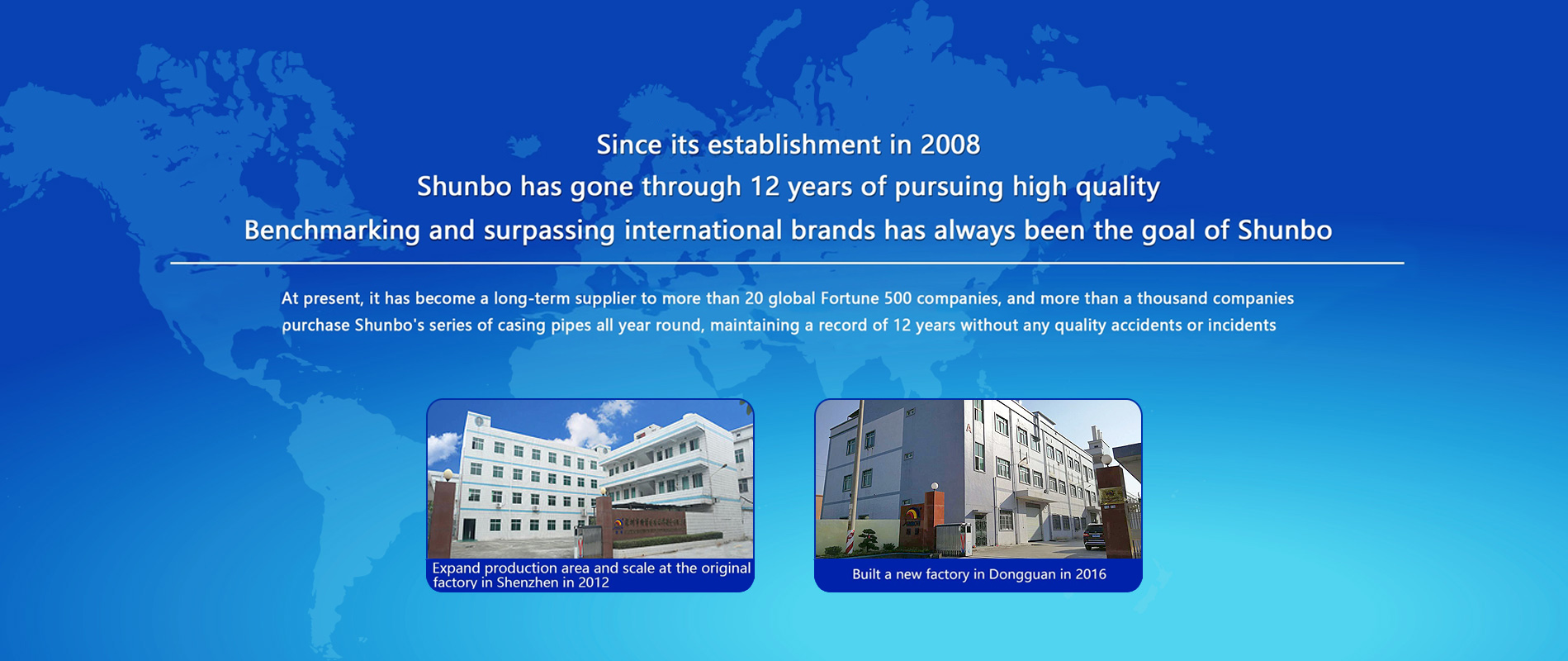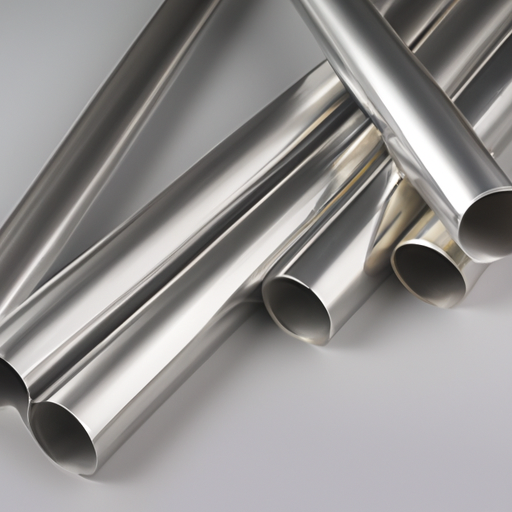
What are the Thermal and Electrical Conductivity Properties of Mylar Tubes?
Mylar, a brand name for a type of polyester film, has become a staple in various industries due to its unique properties. Among these properties, thermal and electrical conductivity stand out as critical factors that influence its applications. In this blog post, we will explore the thermal and electrical conductivity properties of Mylar tubes, their implications in different fields, and why they are favored in specific applications.
Introduction to Mylar
Mylar is a registered trademark of DuPont Teijin Films and is known for its excellent strength, durability, and versatility. It is made from polyethylene terephthalate (PET), a thermoplastic polymer that can be processed into thin films. Mylar tubes, which are hollow cylindrical structures made from Mylar film, are used in a variety of applications, including insulation, packaging, and even in the aerospace industry.
Understanding Thermal Conductivity
Definition and Importance
Thermal conductivity is a measure of a material's ability to conduct heat. It is defined as the amount of heat that passes through a unit thickness of a material per unit time for a given temperature difference. The higher the thermal conductivity, the better the material is at conducting heat. This property is crucial in applications where temperature control is essential, such as in insulation materials, heat exchangers, and electronic devices.
Thermal Conductivity of Mylar
Mylar has relatively low thermal conductivity, typically ranging from 0.1 to 0.3 W/m·K. This low thermal conductivity makes Mylar an excellent insulator, which is why it is often used in applications requiring thermal insulation. For instance, Mylar tubes are commonly used in thermal blankets and insulation for spacecraft, where maintaining temperature is critical.
Applications of Mylar Tubes in Thermal Insulation
1. **Aerospace Industry**: Mylar tubes are used in spacecraft insulation systems to protect sensitive equipment from extreme temperature fluctuations in space. The low thermal conductivity helps maintain stable temperatures, ensuring the functionality of onboard systems.
2. **Building Insulation**: Mylar is also used in building insulation materials. Mylar tubes can be incorporated into insulation panels to enhance thermal performance, reducing energy costs and improving comfort in residential and commercial buildings.
3. **Food Packaging**: In the food industry, Mylar's insulating properties help maintain the temperature of perishable goods during transportation and storage, extending shelf life and preserving quality.
Understanding Electrical Conductivity
Definition and Importance
Electrical conductivity is a measure of a material's ability to conduct electric current. It is defined as the amount of electric current that can pass through a unit area of a material per unit time for a given electric field strength. Materials with high electrical conductivity, such as metals, are used in electrical wiring and components, while insulators, like Mylar, are used to prevent unwanted current flow.
Electrical Conductivity of Mylar
Mylar is considered an excellent electrical insulator, with a dielectric strength of around 20 kV/mm. This means it can withstand high voltages without conducting electricity. The electrical conductivity of Mylar is extremely low, making it suitable for applications where electrical insulation is necessary.
Applications of Mylar Tubes in Electrical Insulation
1. **Electrical Components**: Mylar tubes are widely used in electrical components, such as capacitors and transformers, where they provide insulation between conductive parts. Their high dielectric strength ensures safety and reliability in electrical systems.
2. **Wiring Insulation**: In various electronic devices, Mylar tubes are used to insulate wires and prevent short circuits. This is particularly important in high-voltage applications where safety is paramount.
3. **Flexible Circuits**: Mylar is often used in flexible printed circuits, where its insulating properties allow for the creation of compact and lightweight electronic devices. The combination of flexibility and electrical insulation makes Mylar an ideal choice for modern electronics.
Comparison of Thermal and Electrical Conductivity
While both thermal and electrical conductivity are essential properties, they serve different purposes. Mylar's low thermal conductivity makes it an excellent insulator for heat, while its low electrical conductivity ensures that it can safely insulate electrical components. This dual functionality allows Mylar tubes to be used in a wide range of applications, from thermal insulation in aerospace to electrical insulation in consumer electronics.
Factors Affecting Thermal and Electrical Conductivity
Several factors can influence the thermal and electrical conductivity of Mylar tubes:
1. **Temperature**: Both thermal and electrical conductivity can change with temperature. Generally, as temperature increases, thermal conductivity may increase, while electrical conductivity may decrease due to increased molecular motion.
2. **Thickness**: The thickness of Mylar tubes can also affect their conductivity properties. Thicker tubes may provide better insulation, while thinner tubes may allow for more efficient heat transfer.
3. **Moisture Content**: The presence of moisture can impact the electrical conductivity of Mylar. While Mylar is inherently a good insulator, moisture can create pathways for electrical current, reducing its effectiveness.
4. **Additives and Coatings**: The addition of certain materials or coatings can modify the conductivity properties of Mylar. For example, incorporating conductive fillers can enhance electrical conductivity, while reflective coatings can improve thermal performance.
Conclusion
Mylar tubes are remarkable materials that exhibit low thermal and electrical conductivity, making them invaluable in various applications. Their ability to insulate against heat and electricity allows them to be used in industries ranging from aerospace to electronics. As technology continues to advance, the demand for materials with specific conductivity properties will only grow, and Mylar will likely remain a key player in meeting these needs.
In summary, understanding the thermal and electrical conductivity properties of Mylar tubes is essential for engineers, designers, and manufacturers looking to leverage these materials in innovative ways. Whether for insulation in spacecraft or electrical components in consumer electronics, Mylar's unique properties make it a versatile and reliable choice for a wide range of applications.



